
Tarek William Saab, the Venezuelan attorney general, stated that Exxonmobil, a U.S.-based oil and gas company, used intermediaries and cryptocurrency to finance actions against the ballot where Venezuelans were consulted about their position on the ongoing Essequibo claim. Fourteen arrest warrants were issued for individuals who allegedly conspired against the country.
Exxonmobil Used Cryptocurrency in Conspiracy to Fuel Opposition to Venezuela’s Essequibo Claim
The Venezuelan government uncovered a plot that involves money laundering, cryptocurrency, and a conspiracy to influence the recent ballot to define Venezuela’s actions regarding the Essequibo claim. Tarek William Saab, the Venezuelan attorney general, stated that Exxonmobil, one of the biggest oil and gas companies, had used national and international intermediaries to this end, who received financing indirectly from the company.
Saab stated:
After several investigative procedures, a series of financing moves were identified from the money laundering of international organizations and foreign companies such as Exxonmobil.
The Essequibo referendum, held on December 3, saw the participation of more than 10 million Venezuelans who supported the country’s claims on the Guyana-administered zone.
Saab revealed the funds that served for this campaign were introduced to the country by using large sums of cash and cryptocurrency (specifically USDT, a dollar-pegged stablecoin) by Damian Merlo, a U.S. national linked to former U.S. President Donald Trump and the Salvadoran president Nayib Bukele. Savoi Jandon Wright, another U.S. national already in the custody of Venezuelan authorities, was in charge of these operations.
Fourteen arrest warrants were issued for these actions, involving opposition politicians outside the country, including former interim President of Venezuela Juan Guaido and former Hugo Chavez supporters Andres Izarra and Rafael Ramirez.
Exxonmobil CEO Darren Woods denied allegations that the company was financing Guyana’s actions in the Essequibo dispute. In a recent interview, Woods declared:
We are limiting our role to the area of our expertise, which is basically helping them (Guyana) to responsibly develop their resources.
This would be the second scandal involving cryptocurrency in Venezuela this year. In March, the head of the Venezuelan cryptocurrency watchdog Sunacrip, Joselit Ramirez, and other government officials, were arrested on corruption charges regarding the use of crypto to broker oil deals while sidestepping U.S. sanctions.
What do you think about Exxonmobil’s alleged cryptocurrency usage to finance the opposition in the recent Essequibo claim ballot in Venezuela? Tell us in the comments section.
Bitcoin News
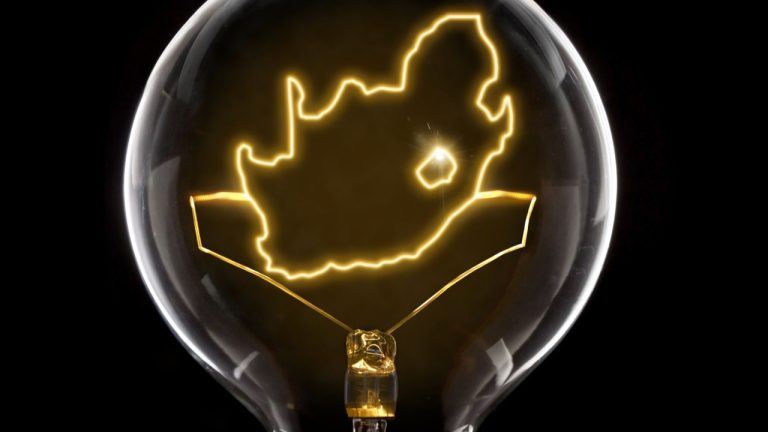
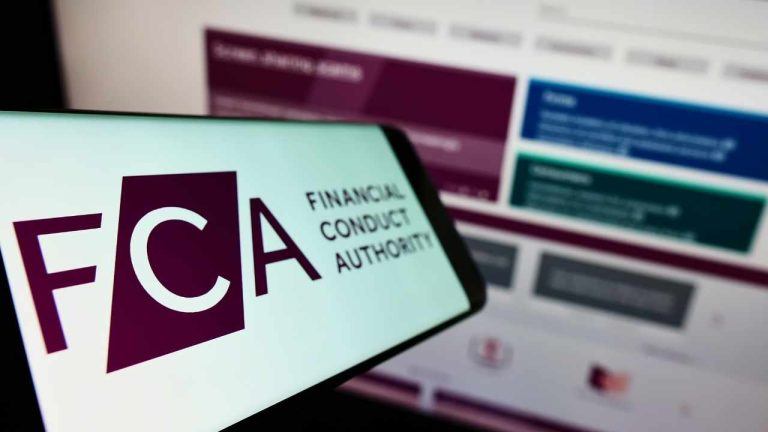
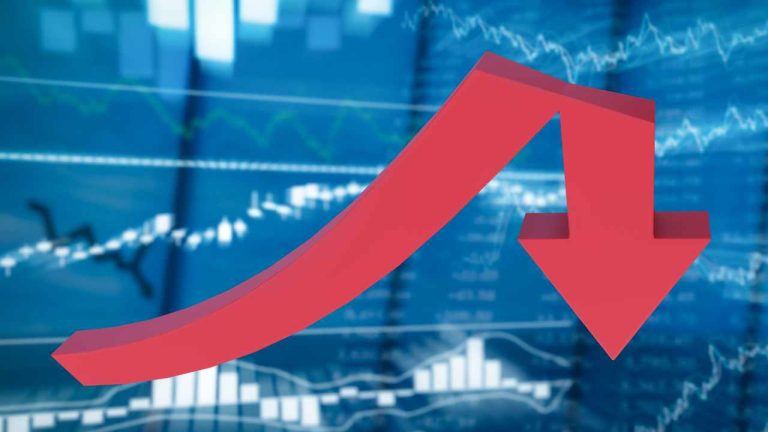
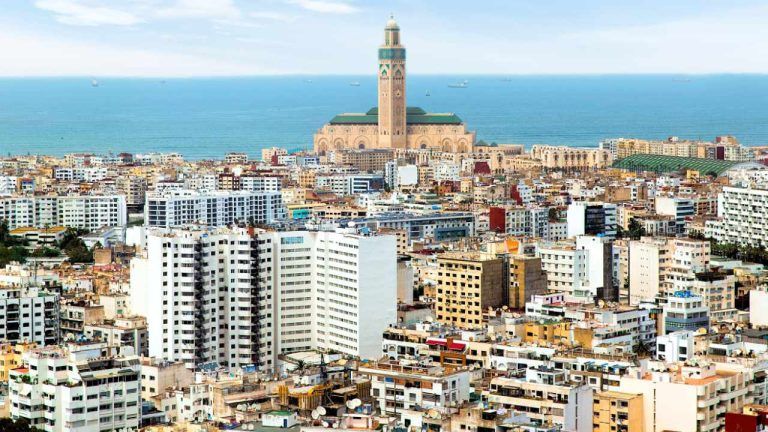
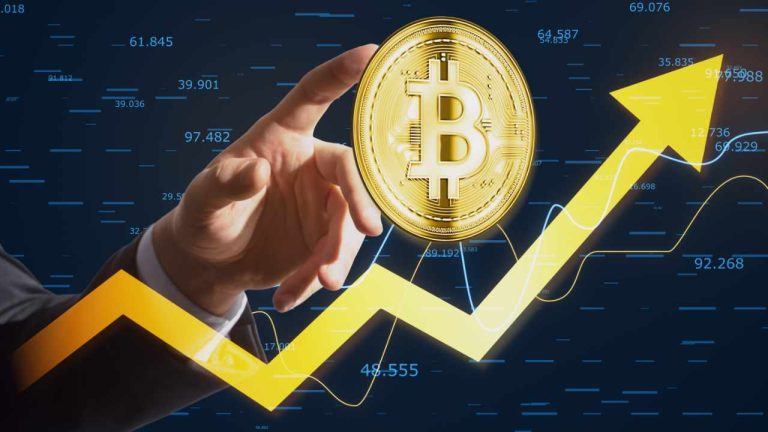
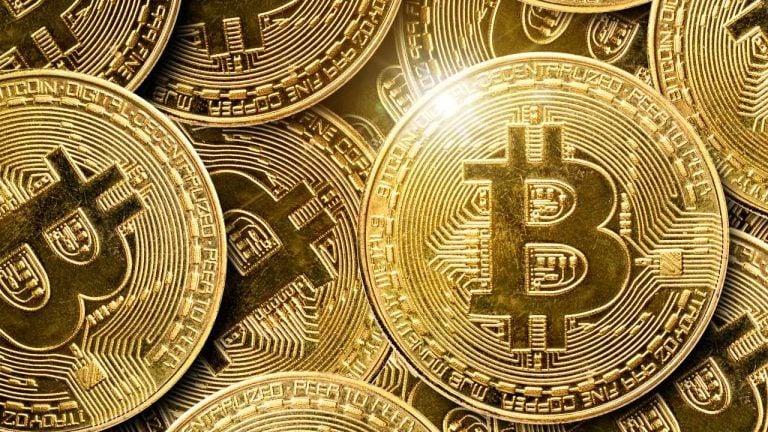
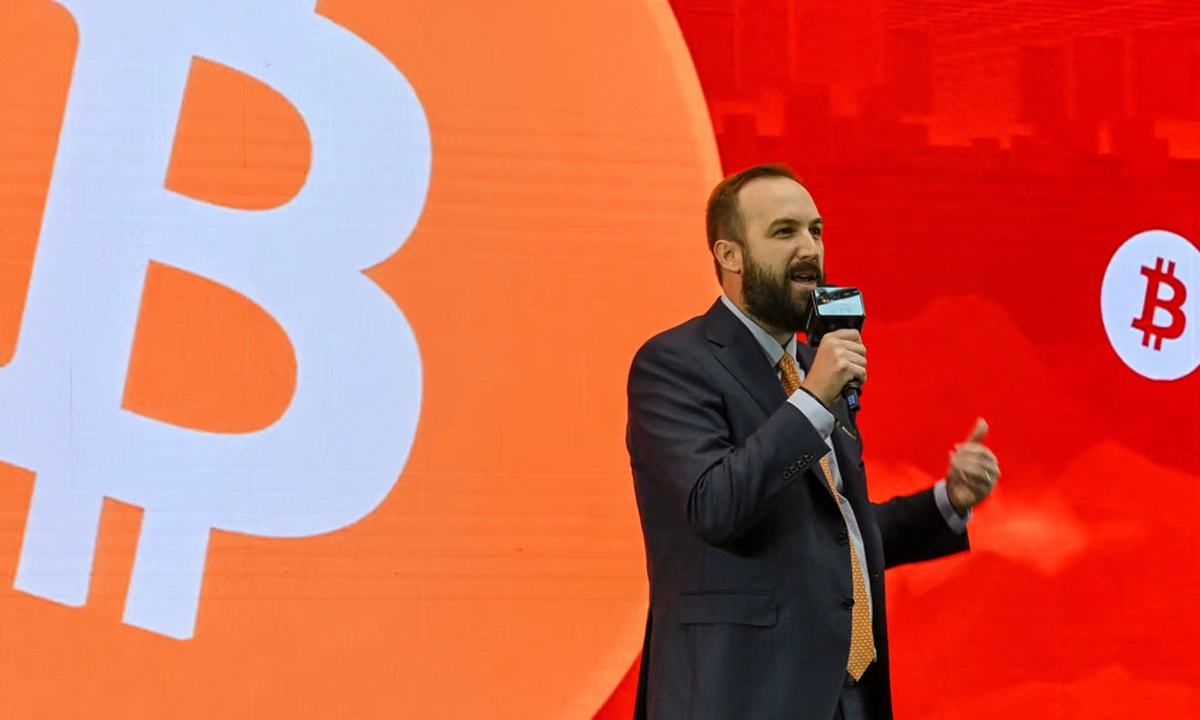

Leave a Reply